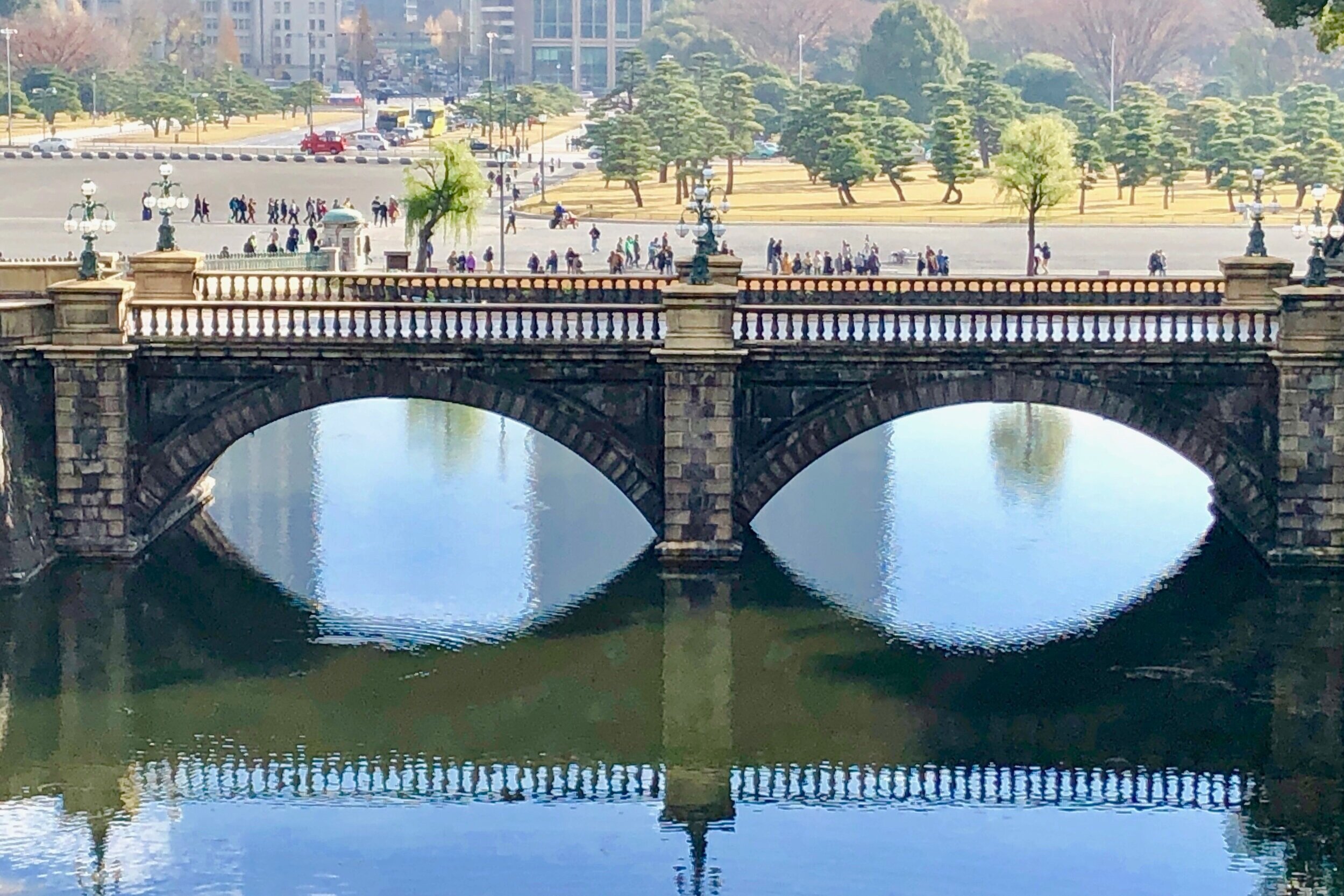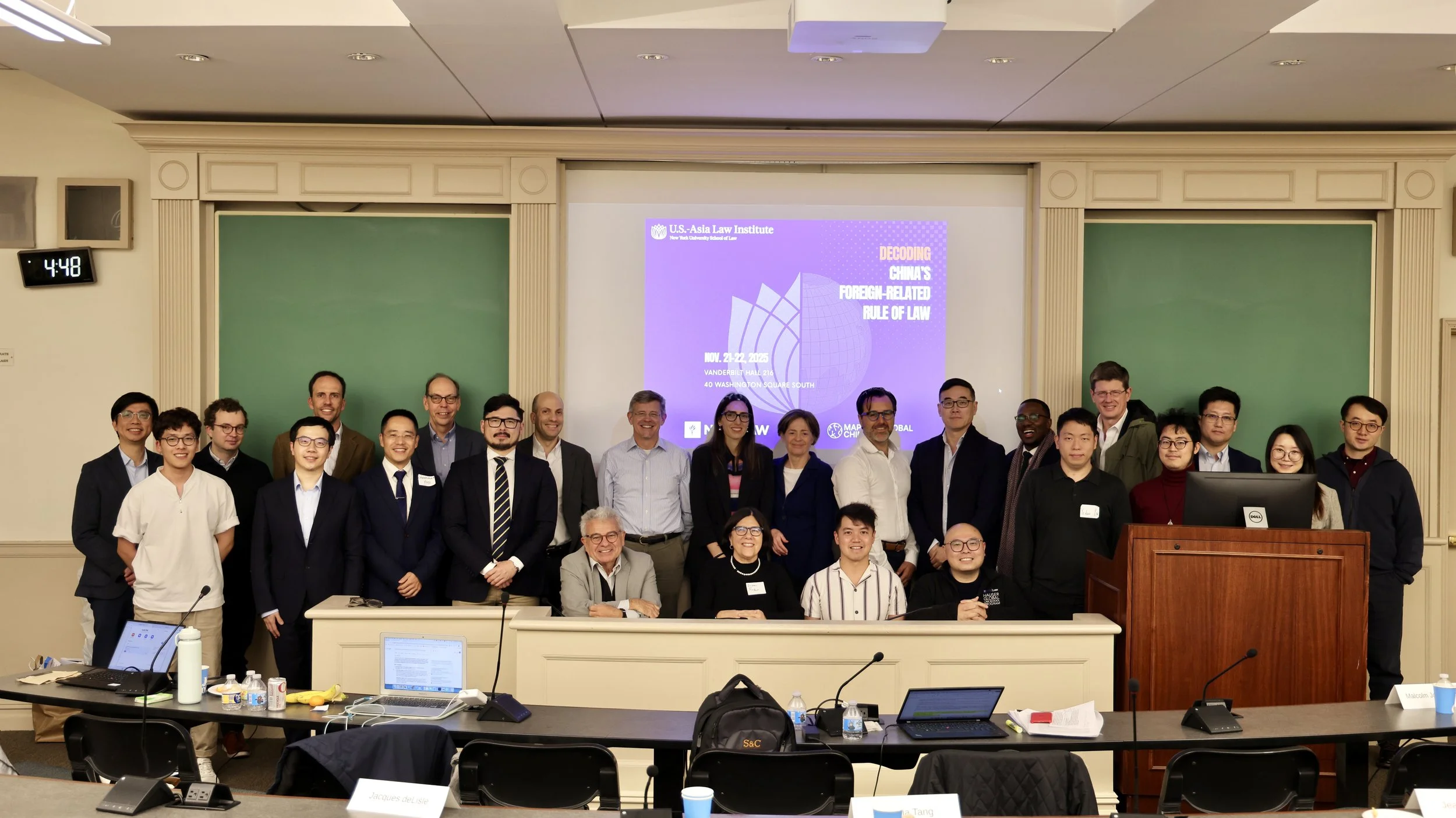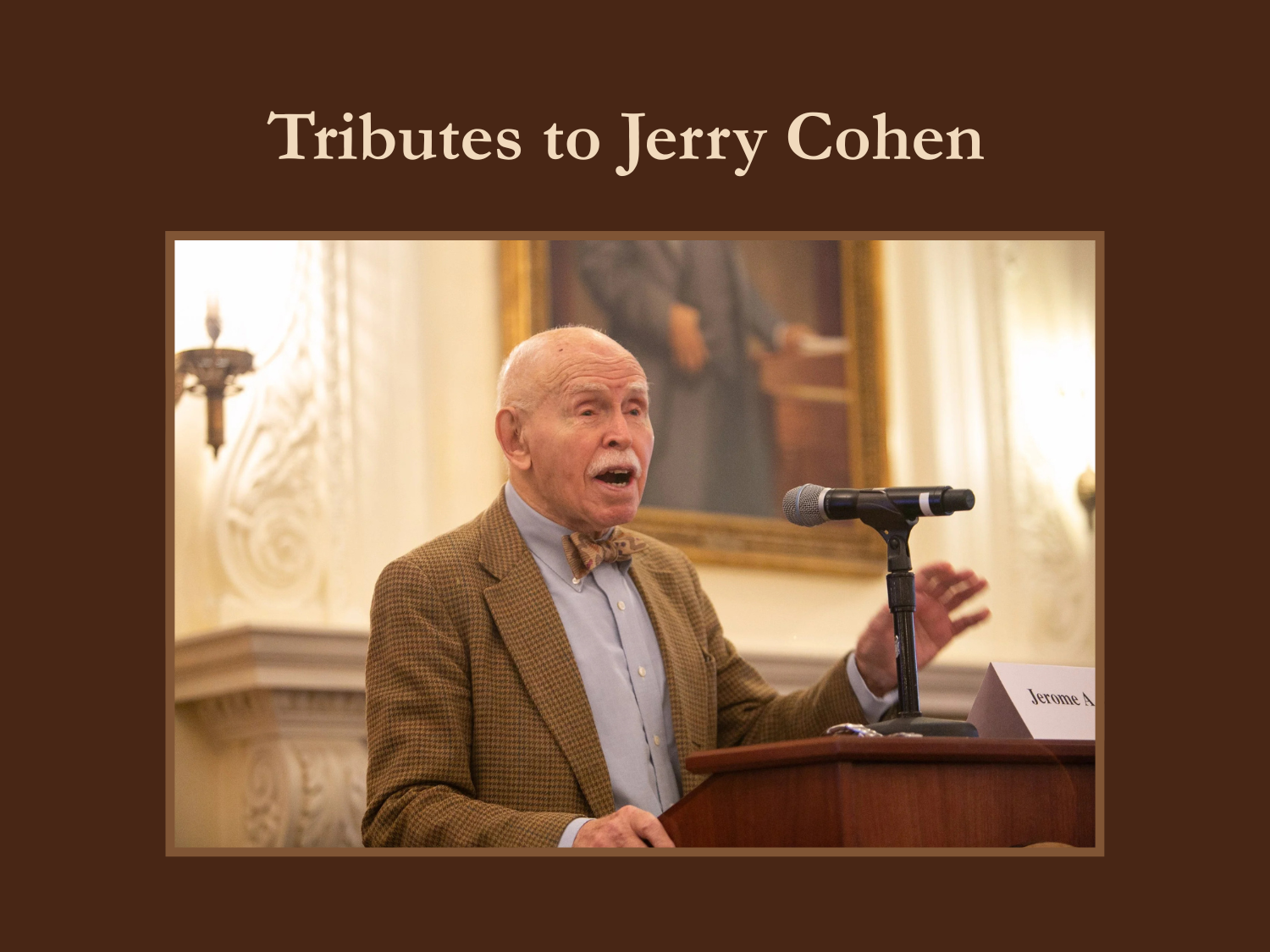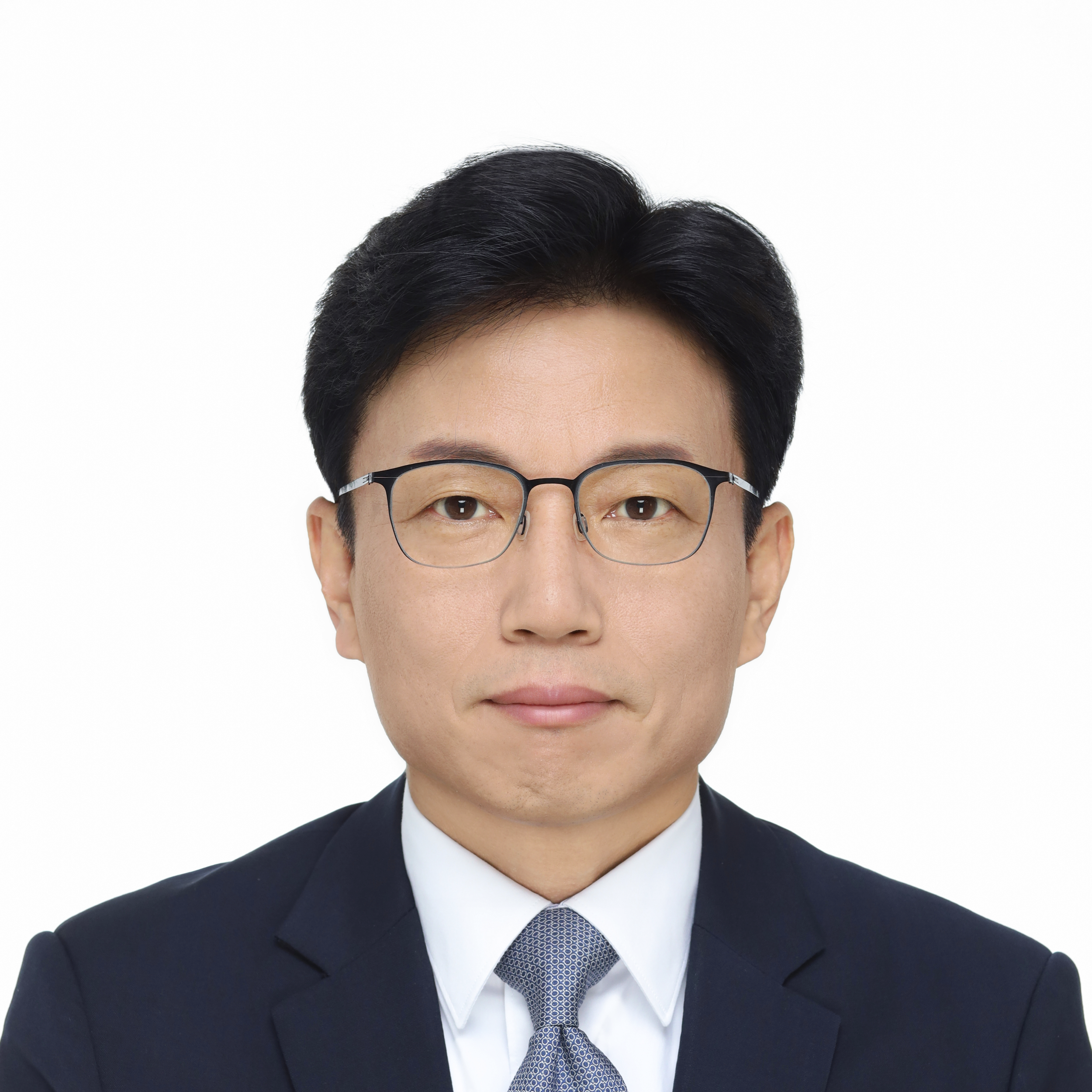Promoting Rule of Law and Human Rights in Asia
The U.S.-Asia Law Institute serves as a bridge between Asia and America, fostering mutual understanding on legal issues and using constructive engagement to advocate for legal progress.
New and Notable

South Korea is carrying out one of the most far-reaching reforms of its modern legal history. It is abolishing the powerful 78-year-old Prosecutors’ Office and separating the roles of investigator and prosecutor in an effort to curb abuses and restore public trust. Jaewoong Yoon analyzes why the shakeup is deemed necessary, why it has been so long in coming, and the challenges ahead.
The standoff between the two governments on either side of the Taiwan Strait has now lasted for 76 years. Elizabeth Chien-Hale, a daughter of Taiwan, writes that this is longer than her own lifetime and asks: why isn’t anyone working toward a peace agreement?
The US retreat from its longstanding role as a champion of free trade has created new vulnerabilities for its longtime partners. But for the Association of Southeast Asian Nations or ASEAN, there may be silver linings. Tan Hsien-Li writes that ASEAN is doubling down on its commitment to a rules-based international order, pursuing new trade agreements and taking steps to fulfill its vision of a resilient single market and production base.
November 30 - December 6
China announces plans for an ambitious nationwide system to better enforce environmental protection laws; the Hong Kong government works to control the public narrative about a deadly fire that killed at least 159 persons in seven residential high-rises; a Japanese expert panel supports creating criminal penalties for implanting gene-edited human embryos into humans or animals to produce babies; South Korea’s ruling Democratic Party sets off a firestorm by proposing to create special tribunals to adjudicate insurrection cases from former President Yoon Suk Yeol's failed martial law declaration; Taiwan’s Interior Ministry orders internet service providers to block the Chinese social media app RedNote (Xiaohongshu) for one year due to its poor cybersecurity and rampant fraud.
November 23 - November 29
China’s Supreme People’s Court releases guiding cases that show lower courts they should treat psychological abuse as legally actionable under the Anti-Domestic Violence Law; Hong Kong authorities arrest eleven persons in connection with the fire that tore through seven residential high rises, killing at least 128 persons; a Japanese government-appointed panel considers making it harder for foreigners to obtain work-eligible residency status and purchase real estate; South Korea takes steps to create a strategic investment fund to direct US$350 billion into strategic US industries in return for reduced American tariffs on its exports; Taiwan President Lai Ching-te proposes a US$40 billion special military budget to acquire drones and unmanned boats and build an air defense system called the Taiwan Dome.

Program on International Law & Relations in Asia







